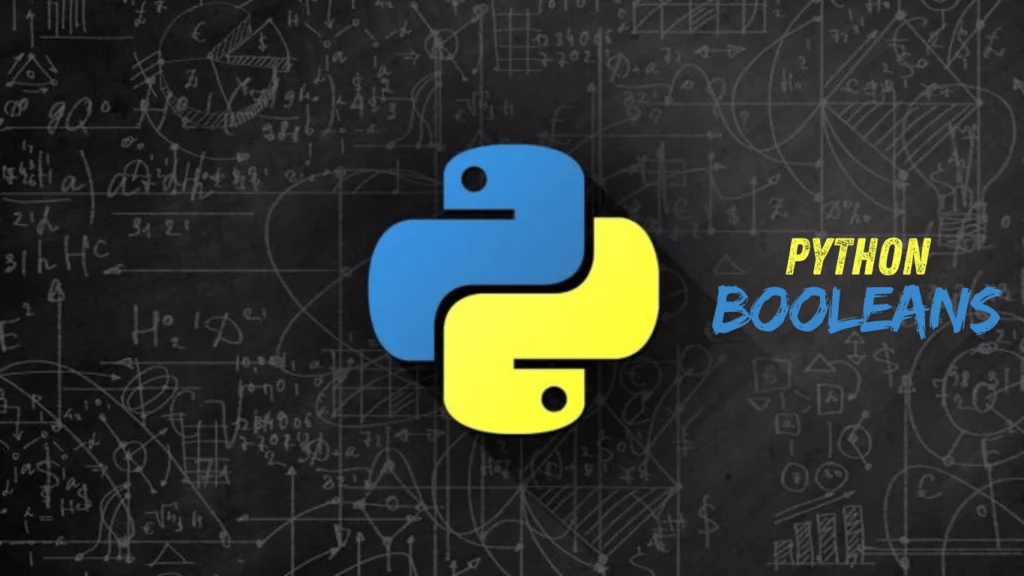Python Operators: Essential Guide for Beginners
Python Operators: Essential Guide for Beginners
Ever wondered how Python programs do complex calculations and logical operations? It’s all thanks to Python operators. These are the basic tools that let you do everything from simple math to advanced data handling. For beginners, knowing these operators is key to mastering Python.
This guide will help you understand Python operators. You’ll learn how to use them to improve your coding skills. It doesn’t matter if you’re new or experienced. This article will give you the tools to work with operators and write better Python programs.
Key Takeaways
- Discover the various types of Python operators, including arithmetic, assignment, comparison, and logical operators.
- Learn how to effectively utilize these operators to perform calculations, make decisions, and manipulate data in your Python programs.
- Gain a deeper understanding of operator precedence and how to control the order of operations in your code.
- Explore practical examples and use cases to cement your understanding of Python operators and their applications.
- Enhance your problem-solving skills and develop the confidence to tackle complex coding challenges with the power of Python operators.
Unraveling the World of Python Operators
Exploring Python operators is key for beginners. It’s important to know the different types and how they work. We’ll look at python arithmetic operators and assignment operators to help you with calculations and code.
Arithmetic Operators
Python’s arithmetic operators are used for math. You’ll see +, -, *, /, and % for addition, subtraction, multiplication, division, and modulo. There’s also an exponentiation operator for raising numbers to powers.
Knowing operator precedence is vital. It tells Python the order of operations. Python follows PEMDAS (Parentheses, Exponents, Multiplication/Division, Addition/Subtraction) for correct calculations.
Assignment Operators
Python also has assignment operators for updating values. The ‘=’ operator is common, but there are others like +=, -=, *=, /=, and %=. These combine assignment and arithmetic in one step.
Learning these python operators makes your code better. It’s useful for c++ tutorials for beginners and python tutorials for beginners. Understanding them will help you become a skilled Python programmer.
Python Operators: Mastering Comparison and Logic
Explore the exciting world of comparison and logical operators in Python. These tools help you control and add depth to your code. You’ll learn about comparison operators like ‘>’, ‘=’, and ‘
Comparison Operators :
Python’s comparison operators help you analyze and compare values. They let you make smart choices based on what you find. You’ll get to know operators like ” (greater than), ‘==’ (equal to), ‘!=’ (not equal to), ‘>=’ (greater than or equal to), and ‘
Logical Operators :
Take your Python skills to the next level with logical operators. Learn how ‘and’, ‘or’, and ‘not’ can change your code. These operators let you mix and match conditions, adding complexity and flexibility to your projects.
Use these operators to make your Python programs smarter. They can handle a variety of situations. Mastering logical operations will unlock your coding potential.
FAQ
What are the different types of operators in Python?
Python has many operators. You can find arithmetic, assignment, comparison, logical, bitwise, membership, and identity operators. Each one does something different and helps with various tasks in your code.
How do I use arithmetic operators in Python?
In Python, arithmetic operators help with math. You can add (+), subtract (-), multiply (*), divide (/), and more. These operators make it easy to do math in your code.
What are assignment operators in Python, and how do they work?
Assignment operators in Python let you give values to variables. The most common is the equal sign (=). But, there are others like += and -= that do math and assign at the same time.
How do comparison operators work in Python?
Comparison operators in Python help you decide things. They include , ==, and !=. These are used in if statements and control your program’s flow.
What are logical operators in Python, and how can I use them?
Logical operators in Python are and, or, and not. They help you make decisions based on more than one condition. For example, and checks if both conditions are true, while or checks if at least one is true.
How do I use bitwise operators in Python?
Bitwise operators in Python work with the bits of numbers. They’re useful for detailed data work, like in graphics or cryptography. Operators like &, |, and ^ are examples.
What are membership operators in Python, and how do they work?
Membership operators in Python check if a value is in a sequence. The in operator checks if a value is in a list or string. The not in operator does the opposite.
How do identity operators work in Python?
Identity operators in Python, is and is not, check if two objects are the same. They return True if they are, and False if they’re not. This is useful for certain types of data.
What is operator precedence and associativity in Python, and how do they affect my code?
Operator precedence and associativity in Python decide the order of operations. Precedence is about the order, and associativity is about the direction. Knowing this helps write better code.
Can I overload operators in Python, and how do I do it?
Yes, you can customize operators in Python for your own classes. This makes your code easier to use and understand. It’s a key feature for making your programs better.






